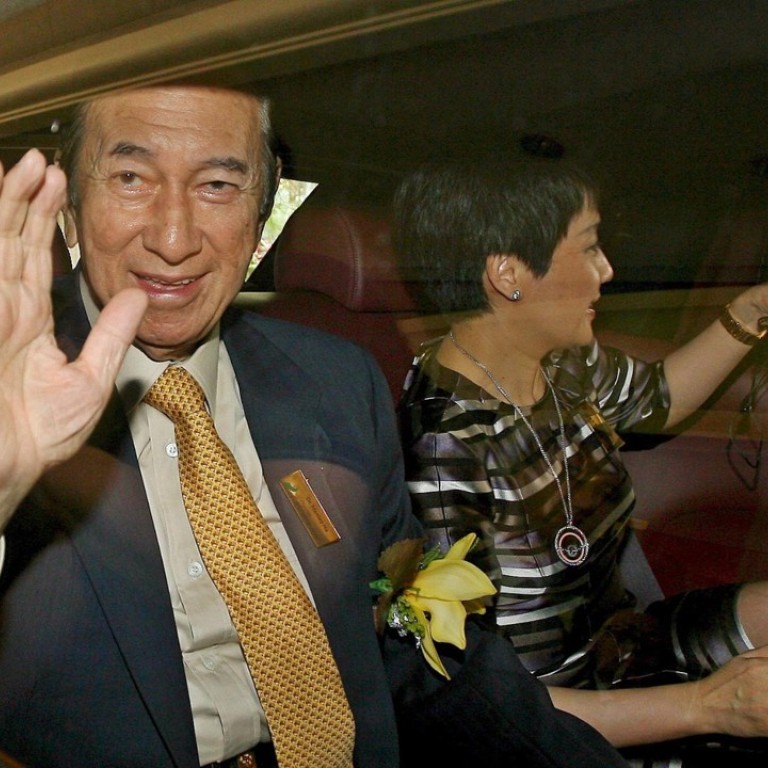
Retired, but still in the building: Stanley Ho’s four-decade grip on the world’s biggest casino hub
After his official retirement, Stanley Ho, who marks his 97th birthday in November, will remain as Chairman Emeritus of the company that he founded more than half a century ago
Godfather. King of Gambling. Uncle Ho. In Macau, Stanley Ho is known by many nicknames.
The nonagenarian casino tycoon, who was once nearly synonymous with Macau’s casinos, is taking his last steps out of the gambling business once and for all.
Like many casino bosses, Ho doesn’t indulge much in his own product. Unlike many of his peers, Ho loves ballroom dancing.
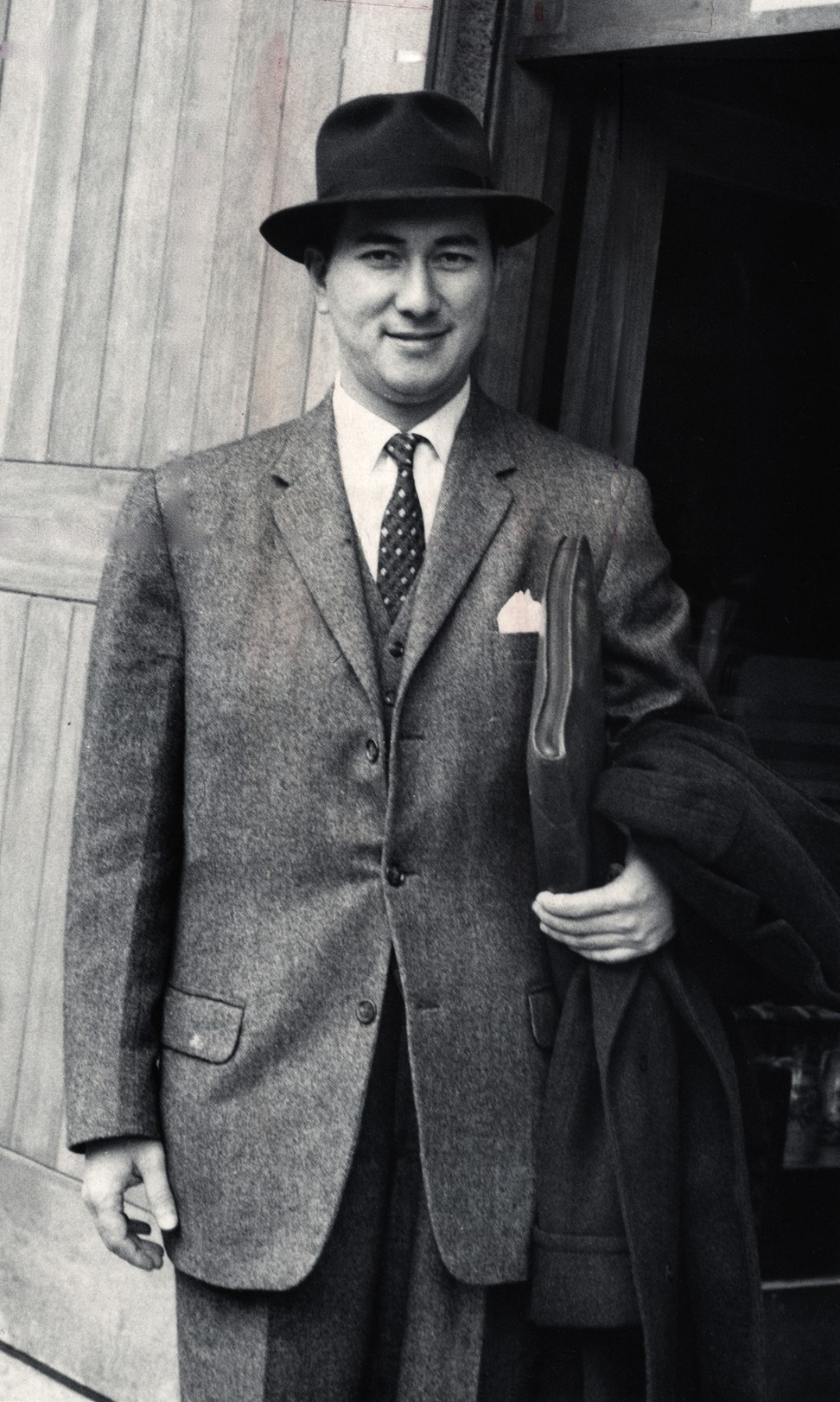
Dr. Stanley Ho (honorary doctorates were bestowed on him by Hong Kong University and the University of Macau) has managed to be both consummate insider and spurned outsider through the course of his life. His extended family and extensive business holdings have been maddeningly intertwined, creating plenty of work for lawyers and journalists.
Ho’s impact in Macau is now slowly being buried under the weight of international gaming concessionaires and a Chinese government clampdown on illicit money flows.
Since 2002, the Macau government - as a special administrative region of China - has broken up Ho’s casino monopoly. Still, he controls 14 of the 30 operating casinos in the territory.
One of downtown Macau’s principal streets is Avenida Dr Stanley Ho, which cuts a wide swath through the middle of the city, joining up near the Macau Tower with Avenida Sun Yat Sen, the father of republican China. Within view are the Grand Lisboa, once the flagship of Ho’s casino empire, as well as the first foreign entrant into the business, the Wynn Casino.
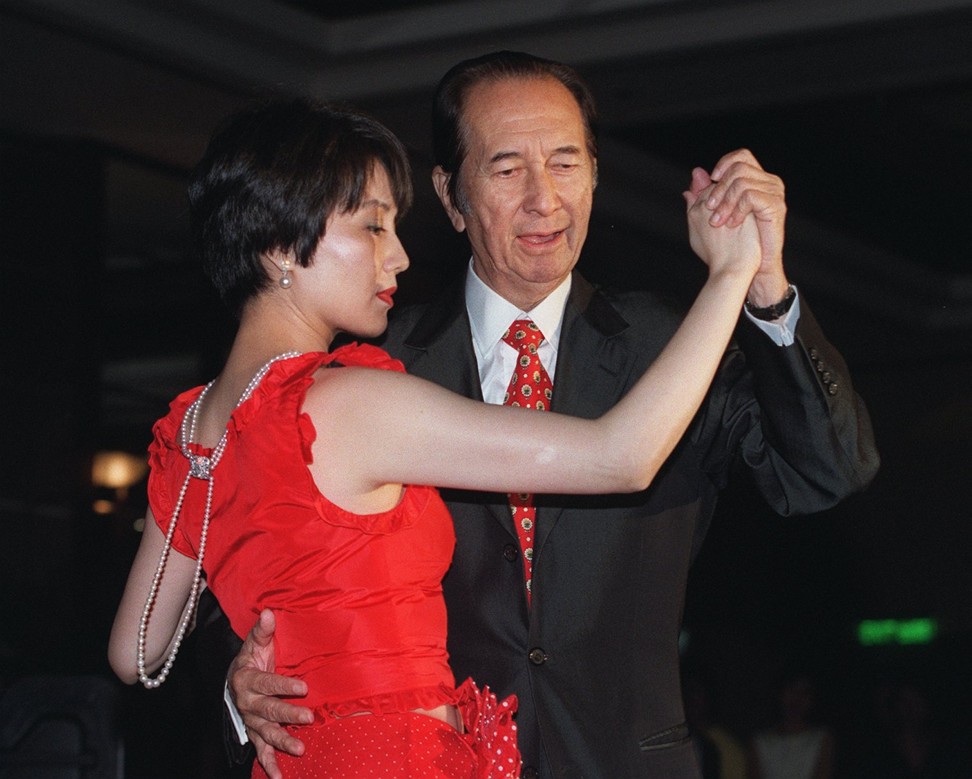
Stanley Ho Hung-sun was born in 1921 into considerable family wealth and prestige – he is the grand nephew of Sir Robert Ho Tung, one of Hong Kong’s first locally born tycoons; his grandfather was Ho Tung’s brother, Ho Fook.
The Ho family were Eurasians and initially made their wealth working as compradores for Jardine Matheson, one of the largest British trading conglomerates during Hong Kong’s colonial days. That flexibility of spirit – as well as a tendency toward big families – endured throughout Stanley Ho’s life.
In December 1941, days ahead of the Japanese invasion of Hong Kong, Robert Ho Tung and Ho Fook fled to Macau, then a Portuguese colony but neutral territory in the coming conflict. Young Stanley Ho would join them, eventually smuggling food and luxury goods into China. Macau had developed trading contacts over the centuries with both China and Japan.
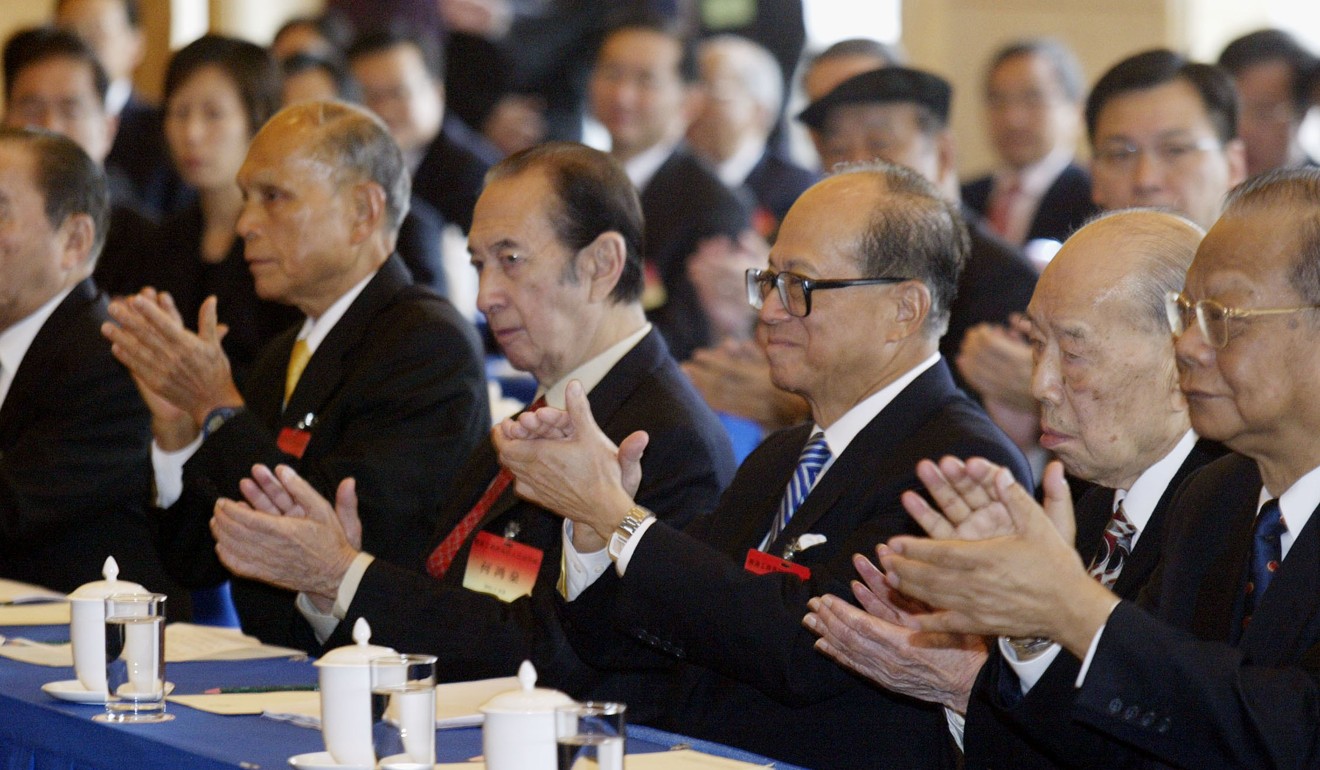
During the war, Macau was a place of intrigue between competing geopolitical powers. After the war, light manufacturing was the economy’s biggest employer, while fish was the largest export.
Stanley Ho made his first fortune and was a wealthy man by the age of 24. He also would have noted Macau’s booming gambling halls at this time.
Ho parlayed his earnings from wartime Macau into business interests in Hong Kong, but his main investment was to be Macau’s gambling and tourism industry.
In 1961, the Macau colonial government decided to nurture tourism to offset a declining manufacturing industry.
Backed by US$400,000 of loans from Henry Fok, as well as investments from Yip Hon and Teddy Yip (Ho’s brother-in-law at the time), Ho put up the US$1 million needed to bid for a gambling licence, and obtained the sole concession through the Sociedade de Turismo e Diversoes de Macau (STDM). STDM, of which Fok was a director, would be tasked with building up the city’s tourism infrastructure.
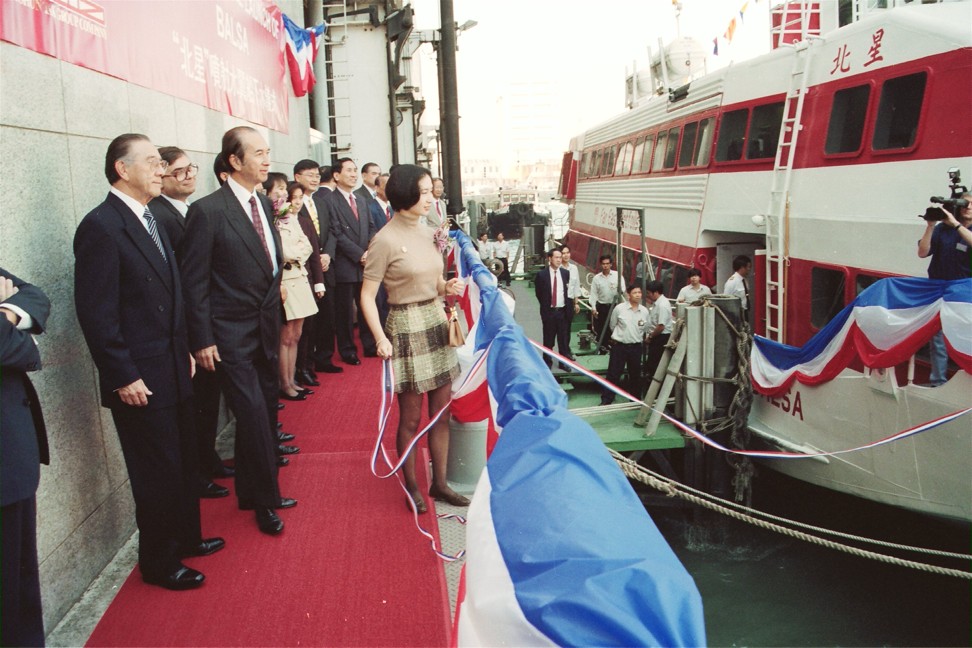
During the 1960s, mainland China was consumed by the Cultural Revolution, and any cross-border gambling jaunts into Macau were punishable by execution.
With a population of 200,000 people in 1960, Macau’s only chance of prosperity was its proximity to Hong Kong. Ho was first to commence a helicopter link between the two cities to carry high rollers to his casino. It would take several years to develop, while a hydrofoil ferry service was added.
Ho told the South China Morning Post in 1972 that he was “Chinese in the eyes of foreigners and a gweilo in Chinese society,” using the colloquial Cantonese term for foreigners. Thus, adaptability was the key to his prosperity.
By the early 1990s, STDM’s taxes accounted for about half of Macau’s total tax income. Ho was one of Asia’s richest men on the Forbes list.
Fast forward half a century. Macau is the sole Chinese city - still under the dominance of the Communist Party - where casinos are legal.
Patronised by tens of thousands of hardcore gamblers and high rollers, Macau’s casino revenue surpassed Vegas for the first time in 2006, and hasn’t looked back since.
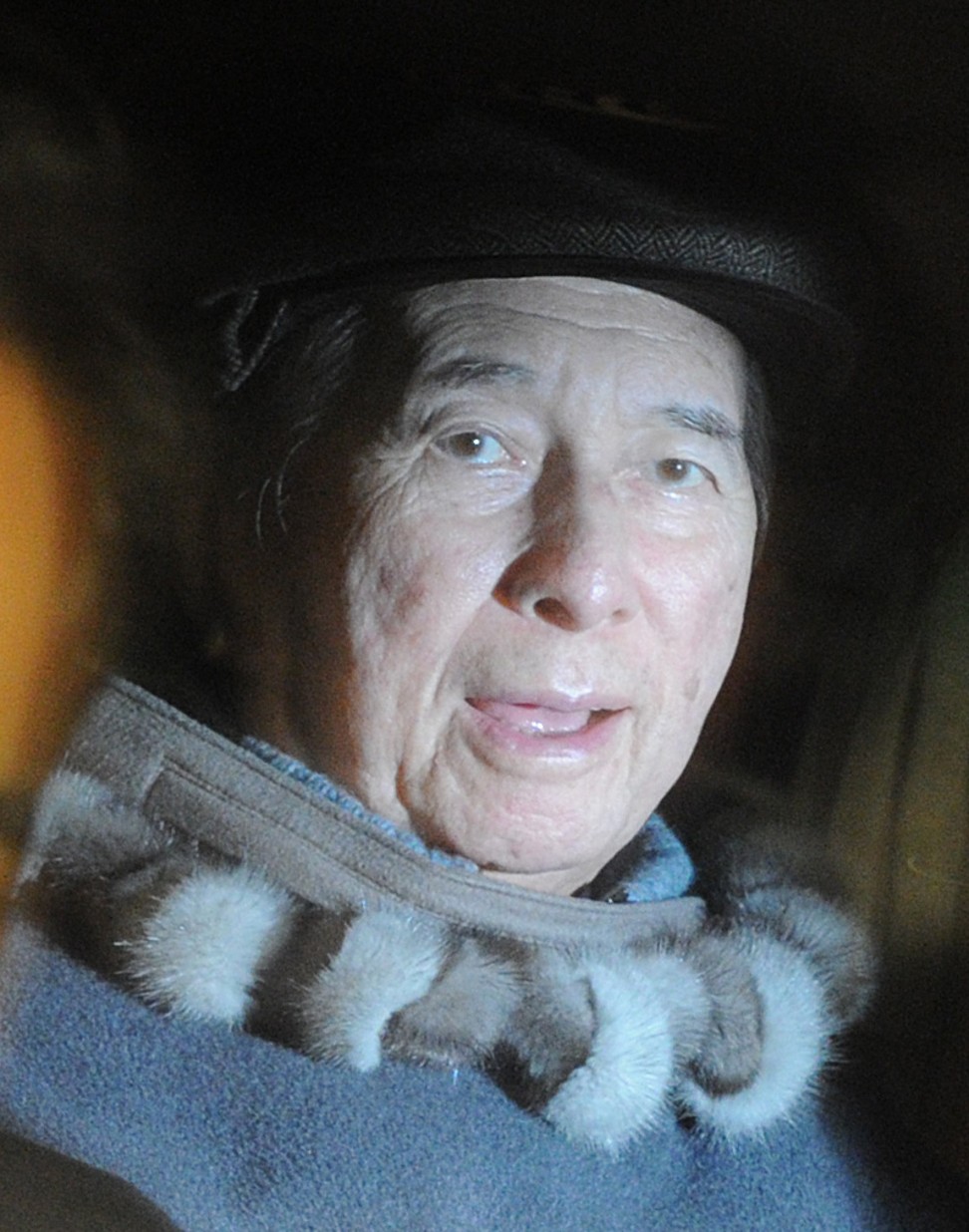
Ho’s association with Macau made him fabulously wealthy, but also crimped his stature internationally. Expansion plans in Australia, Singapore, Canada and the US have all foundered on investigations, or reports of Ho’s alleged ties to organised crime and money laundering, which Ho and his company have consistently denied.
At one point, Ho even tried to build casinos in North Korea. In the lead-up to the US invasion of Iraq in 2003, North Korea’s government offered asylum to the former dictator Saddam Hussein, making the broadcast to the world though Ho’s office in Macau.
At the turn of the millennium, the number of casino concessionaires would balloon in Macau. Among the new casino licensees was Ho’s son Lawrence and his company Melco. Squabbling in the extended Ho family would take its toll, while Vegas casino moguls like Steve Wynn and Sheldon Adelson were entering the market.
In 2005, Ho went to war over control of STDM with his sister Winnie, who owned an 8 per cent stake. “I no longer regard her as a sister,” Ho would say after a 30-minute shareholders’ meeting that year that ousted his sister from the board.
Winnie Ho sued the next year to retrieve HK$3 billion in STDM dividends due to her. She has filed more than 30 lawsuits against her brother for owing her money, defamation, and over shareholding structures.
“We don’t need all these lawyers if he plays by the rules and the law and pays me back the money he owes me,” she said at the time. “But that’s just Stanley, always thinking he can just walk over anybody.”
With the resolution of all the disputes between the siblings in 2008, STDM listed its casinos on the Hong Kong stock exchange and changed its name to Sociedade de Jogos de Macau, or SJM Holdings.
Even with his official retirement, Ho hasn’t left SJM’s building.
His daughter, Daisy Ho, is now chairman, while Timothy Fok, son of Ho’s original partner Henry Fok, has been announced as a co-chairman of SJM, along with Angela Leong, Ho’s fourth wife. Ho, who celebrates his 97th birthday in November, remains SJM’s Chairman Emeritus.
As Macau shakes off its past reputation and burnishes a family-friendly gaming and resort business, the Ho family business has the appearance of an ossified creature, much like the previous sole concessionaire that Ho and his consortium of forward thinking businessmen displaced over 50 years ago.
But the next time you take a splurge on a helicopter trip to Macau, just remember, Stanley Ho thought of it first.

